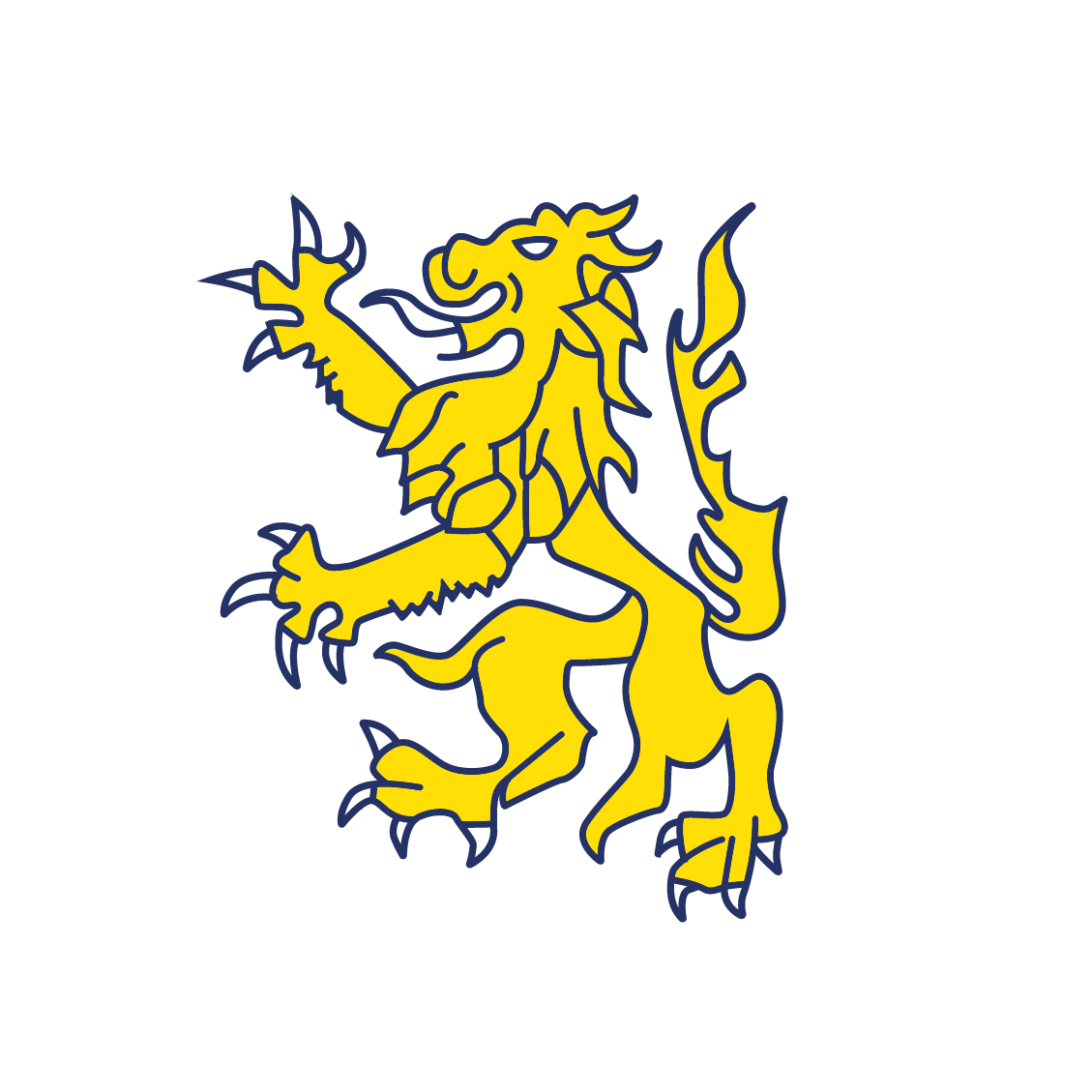
Geography – curriculum information
Intent
At Francis Askew, our geography curriculum aims to create global citizens, who can think both critically and creatively, to solve problems of sustainability and the future of our planet. Through teaching geography, we guide children in developing their understanding and tolerance of the world around them – the people, the places, the processes – and nourish their curiosity. Our curriculum aims to equip children with the skills to interpret their part of the world, before transporting them to a wider one, broadening their horizons and challenging prejudices. Children will work both in and outside of the classroom to support the development of their character and core geographical skills, as well as instilling a resilient and open attitude to learning which will serve them well as they continue into the next stage of their geography education.
Our aim is to provide inclusive and aspirational learning experiences where pupils thrive and build the cultural capital they need to make ambitious choices about their own futures, overcoming any barriers. In geography, this is promoted through collaborative and experiential learning opportunities, for example, the curriculum makes full use of resources within the immediate and wider local area, enabling children to develop a deep understanding of the geographical history of Hull. The coast, fishing ports, River Hull and local museums all form an important part in enriching the children’s understanding and broadening their knowledge of the world around them. These links with real life experiences are made wherever possible so that children can gain relevant, concrete experiences in areas they might not ordinarily have the opportunity to encounter.
Using the National Curriculum, alongside a thorough understanding of our school’s context, our highly skilled subject leaders have carefully worked to create a Subject Progression Document where objectives for each year group are progressively mapped out towards clearly defined end points. This ensures our children will be given the required skills and knowledge they need to progress. The progressive objectives will also enable teachers to identify and plug gaps in pupils’ knowledge and skills.
Children will develop a deep understanding of key concepts as they move through our geography curriculum. Key concepts have been carefully considered and identified as the core knowledge and skills required to successfully progress in geography. Opportunities to revisit and develop these key concepts are planned out carefully as the children move through the school to ensure that they are firmly embedded within their long-term memory. These key concepts compliment work carried out across the school reinforcing our 6 broad curriculum drivers (see overall Curriculum Intent). The expectation is that, by the end of primary School, children will know and understand these key concepts to continue to build on their geographical knowledge as they enter KS3.
The key concepts identified are as follows:-
- Navigation: (interpreting a key, conventions of maps, map symbols, atlases, GIS, google maps, scale factor, reading and calculating from a scale, using compass points, the equator, the tropic lines, the poles, borders, countries and continents)
- Fieldwork: (Working collaboratively, planning investigations, collecting data, using instruments/specialist equipment, taking precise measurements, making observations, drawing conclusions)
- Population: (Dispersal, settlement patterns, infrastructure, migration)
- Economic activity: (Trade, land use, farming, wealth, poverty, imports and exports)
- Tectonic activity: (Volcanoes, earthquakes, tectonic plates, structure of the earth)
- Human features: (Transports, harbour, shops, towns, villages, community, places of worship)
- Physical features: (Water cycle, rainfall, mountains, hills, rivers, seas, oceans, tides, islands, tsunami)
- Natural resources: (Energy, minerals, food and water distribution)
- Sustainability: (Deforestation, climate change, renewable and non-renewable resources, sea level, food miles, industry, materials, globalisation)
- Climate and landscape: (Weather, rainfall, seasons, temperature, desert, polar, temperate, Mediterranean, arid, tropical, biomes, vegetation zones, tundra)
Children will also develop their understanding of identified second order concepts through the geography curriculum. These concepts branch across subjects, creating horizontal links across our whole curriculum. They aim to develop flexible knowledge and skills that children can apply to multiple curriculum areas. In geography children will be develop their understanding of the following second order concepts:-
- Responsibility: (how humans affect the earth positively and negatively, the use of finite resources, climate change and sustainability)
- Similarity and difference: (making comparisons between places, localities, regions etc…)
- Cause and consequence: (understanding the effect of humans and nature on landscapes and settlement)
- Continuity and change: (how have physical and human features changed over time and why)
- Significance: (significant geographical features, places, events)
- Enquiry: (observing, collecting and interpreting data, drawing conclusions, explaining and presenting findings)
- Written and oral expression: (Using geographical terminology, evaluation, description, recall, objectivity, explaining processes, describing and explaining trends, presenting and interpreting data)
End points:
By the end of EYFS children will:
- begin to understand how they are part of their own locality, which is part of a bigger world
- learn about different people and communities
- use speaking, listening and understanding to develop and explore these in greater detail
By the end of Key Stage 1 children will:
- use and make a range of geographical resources such as photos and maps to locate features in their locality and the world
- understand the principle of directions
- look at land use, climate and physical features of Great Britain and other locations in the world
- develop an understanding of how humans and nature can affect and shape the landscape
- understand that they have responsibilities to care for the planet and its resources
By the end of Key Stage 2 children will:
- be able to compare physical and human features in their own locality to different locations around the world
- conduct fieldwork to identify common geographical processes, to make observations, collect data and draw conclusions from their findings
- be able to interpret a range of sources of geographical information and present geographical information in a variety of ways
- develop an understanding of map work so that these features can be examined and identified in a wider context
- understand the processes that give rise to key physical and human features and how these change over time
- understand the impact of humans and of nature in shaping the world in which they live
- understand their responsibilities as global citizens, who can think both critically and creatively, to play their part in caring for and sustaining our world and resources
Implementation
At Francis Askew, our geography curriculum is carefully mapped out into a long-term plan. This outlines when key concepts will be taught and revisited and shows how these concepts progressively lead towards children achieving our identified geography curriculum end points. The long-term plan also enables links between subjects to be identified and carefully planned for to support children’s retention of knowledge and skills.
Children develop their understanding of key concepts in geography through the following areas of learning:-
- Geographical skills and field work
- Human and Physical Geography
- Locational Knowledge
- Place Knowledge
- Responsibility
Short term planning in geography is informed by the subject’s long-term plan and Subject Progression Document. Lesson objectives are clear and sequenced so that outcomes are secure and meaningful.
All children will have access to the geography curriculum with work being tailored appropriately for children with SEND – modifying end points so that they are appropriate but remain aspirational. Any child working below their age-related expectation, will receive a tailored curriculum with personalised objectives. This will enable all children to build the skills and knowledge needed to bridge the gap between themselves and their peers enabling them to reach their full potential.
The development of children’s oracy is also given a high profile and is promoted through the use of subject specific terminology and vocabulary needed to work as geographers. When discussing, debating and presenting new knowledge learned within our curriculum, children will be directed to specific and progressive vocabulary.
A typical teaching sequence in geography will cover the following aspects. The order and areas of focus will be adapted to suit the unit being taught.
- Geographical enquiry
Pupils ask geographical questions and enquire about their topic of interest based on prior learning and knowledge (Where is this place? What is it like and why? How and why is it changing? How does it compare to other places? How and why are the places connected?)
- Locational skills
Identify and locate their place of interest using maps, aerial photographs and other sources. Identify and locate examples in other locations.
- Vocabulary
Understand, learn and use the key vocabulary associated with their topic of interest and understand the meaning of them in a practical and real-life context (supported by knowledge organisers / learning environment)
- Physical and human geography
Identify the physical and/or human features associated with the place of interest. Develop an understanding of the processes that caused the physical / human features to occur. Apply their vocabulary when explaining the processes.
- Place knowledge
Compare and contrast the features in difference locations around the world.
- Apply their knowledge to the world around them locally and globally
What could/ should the world look like in the future? What can we do to influence change? Make connections to other subject areas (science/history/PSHE)
- Written and oral expression
Communicate what they have learnt in appropriate forms using the correct terminology (e.g. presentations, discussion, written reports / explanations, notes, observations and findings from fieldwork, data, tables and conclusions)
- Skills and fieldwork
Opportunities to visit examples, observe processes or the impact of these, carry out tests, collect and interpret data and draw conclusions are included within a teaching sequence where possible.
At the beginning of each unit and throughout, children revisit prior learning and link this to new concepts being taught. Additionally, at the end of a learning sequence, children reflect on their new learning and skills and there is opportunity for further teaching when knowledge or skills have not been retained.
Impact
A wide range of strategies are used to measure the impact of our geography curriculum. Our teaching sequences allow for regular low stakes assessments of how well children are retaining key knowledge and how well they can apply the knowledge and skills learned.
Formative assessments are carried out regularly by teachers during and after each lesson, which inform future planning. Where learning is not secure, additional learning takes place to address this. Additionally, summative assessments are carried out each term by using an internal assessment tool. As a result of these assessment tools, children’s misconceptions or gaps in subject knowledge and skills are addressed and additional teaching and support is provided.
Our subject leaders also monitor the effectiveness of the geography curriculum through carrying out regular monitoring evaluations. These evaluations are quality assured by the Curriculum Lead, Senior Leadership and Governors.
The effectiveness of geography is also monitored through pupil and parental voice throughout the course of the year.
